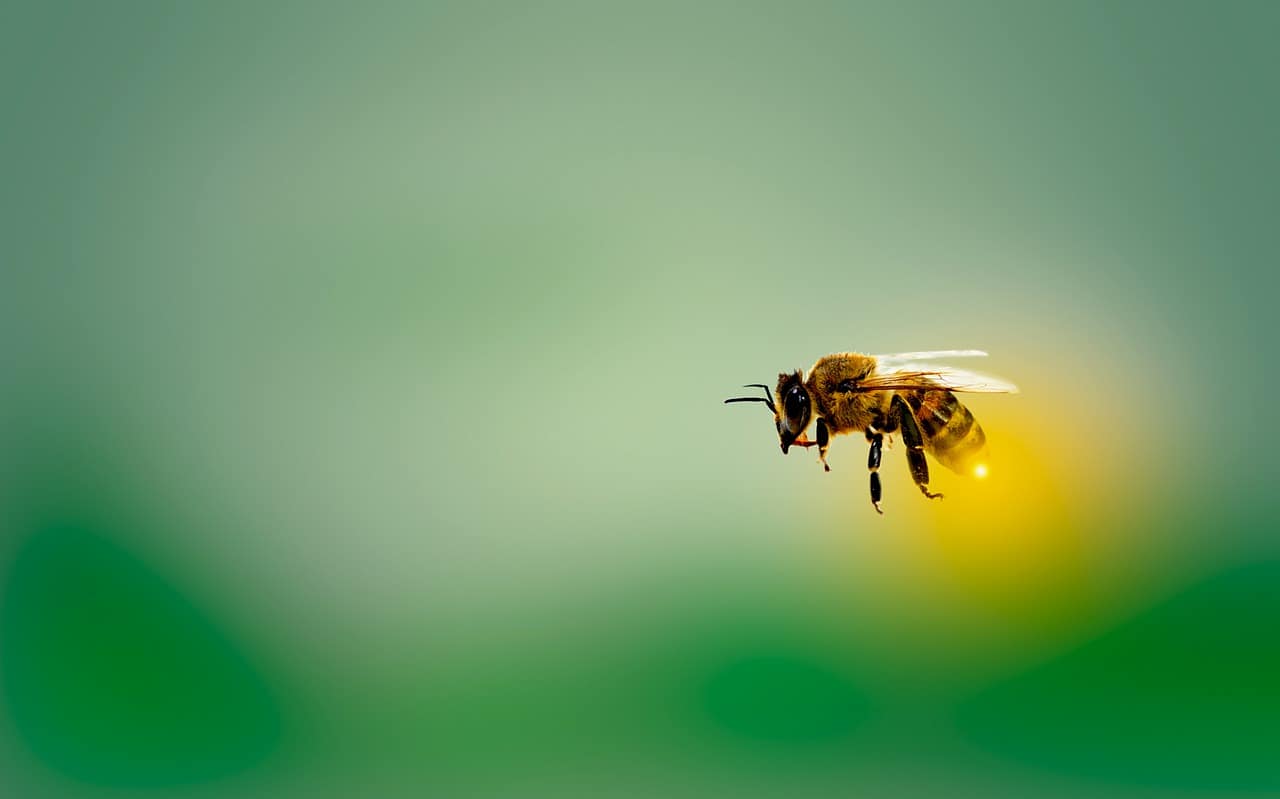Urban agriculture can promote bee communities if managed in a sustainable manner.
Urban gardens can do a world of good by saving endangered plants and providing havens for insects like bees. This is the case in tropical metropolises too, scientists say.
An international team of researchers reached this conclusion by studying the effects of urbanization on communities of bees at smallholder farms in and around Bangalore, a metropolis in southern India with a population of 13 million. The scientists found that native flowering plants beside farmland together with a diversification of cultivated crops can help maintain bee communities.
“Our results suggest that urban agriculture can promote bee communities if managed in a sustainable manner and could combine to support wild bee conservation and food production in and around cities,” says Catrin Westphal, a professor at the University of Göttingen in Germany.
For their study the researchers recorded more than 26,000 individual bees belonging to 40 species during field surveys on vegetable farms spread from rural to urban environments. They also analysed how various bee species with differing habits coped with environmental challenges.
They then used data from remote sensing by satellite to identify how the proportion of sealed surfaces and buildings in urban areas affected bees.
“We demonstrated that the way bees responded to urbanization were specific to certain traits. For example, bees nesting in cavities actually benefited from urbanization as they can nest in small cracks and cavities on buildings,” explains Gabriel Marcacci, a PhD student at the University of Göttingen.
“Moreover, we found that ground-nesting bees, which are usually considered the losers in urbanization, find ample nesting opportunities in tropical megacities because enough bare ground is still available, mostly in the less developed neighbourhoods,” Marcacci elucidates.
This finding is especially important in the tropics as unlike in temperate regions social bees such as wild honey bees suffer more from habitat loss owing to urbanization than large solitary bees and ones that nest in cavities.
“Our results differ in part from what is often found in cities in temperate regions, which shows that we cannot generalize from field studies carried out in Germany or other countries of the Global North,” notes Ingo Grass, a professor at the Department of Ecology of Tropical Agricultural Systems at the University of Hohenheim.
Another contrasting result, the scientists say, is the strong decline of social bees with urbanization in tropical areas. “This result is particularly worrying because in the tropics, social bees such as wild honeybees and stingless bees form large colonies and are essential for crop pollination,” says Teja Tscharntke, a professor at the University of Göttingen who was another member of the team.
This story first appeared on Sustainability Times
Photo: Pixabay/mariananbu
© 2022 Sustainability Times.
This article is licensed under a Creative Commons Attribution-ShareAlike 4.0 SA International License.












